When running any type of business in the UK, most or all of the expenses you incur may be tax-deductible. You can claim allowable business expenses on your tax returns by deducting the costs from your gross income. This reduces your taxable profits, which in turn lowers your tax bill. You can also claim capital allowances and recover the VAT you’ve paid on business purchases.
We discuss what business expenses you can claim when you’re self-employed or trading as a limited company. We also explain how to claim allowable expenses on your Self Assessment tax return or Company Tax Return.
Key takeaways
- Claim allowable business expenses to reduce your taxable profits and lower your overall tax bill.
- Keep meticulous records of all expenses to ensure accurate reporting on your Self Assessment or Company Tax Return.
- Understand dual-purpose expenses to accurately calculate and claim the business portion of mixed-use costs.
Allowable business expenses you can claim
Business expenses are any costs relating to the purchase of physical items or services needed to run your business. These may be expenses paid by the business (e.g. through the business bank account) or costs that you or your employees incur personally and later claim back from the business.
HMRC’s general rule is that any business expenses you claim must be “wholly and exclusively” for the purposes of your trade, profession, or vocation. This means that you can’t deduct the cost of expenditure that has an element of personal use. However, in some instances, you can claim tax relief on the business element of dual-purpose expenses.
Whether you’re self-employed or trading through a limited company, you can offset business expenses by deducting them from your profits before tax. This means that you don’t pay tax on all or most of your business expenses. For example:
- Your annual business turnover is £60,000
- Your allowable business expenses are £15,000
- You only pay tax on the remaining £45,000 – this is your taxable profit
If you’re self-employed, you claim expenses on your Self Assessment tax return, which reduces your Income Tax and National Insurance liabilities. If you trade through a company, you claim most expenses on your Company Tax Return to reduce your Corporation Tax bill.
Below, we outline the common business expenses on which you can claim tax relief.
1. Pre-trading expenses
Pre-trading expenses are the startup costs you incur before you commence trading. These are tax-deductible if they satisfy the following two conditions:
- You incurred the expenses within a period of 7 years before the commencement of the trade, profession, or vocation
- The expenses would have been tax-deductible under the normal tax rules if you incurred them after the trade had commenced
If the costs satisfy both conditions, you can count pre-trading expenses as incurred on the first day you start trading.
These types of costs typically include things like laptops and computers, website fees and domain names, legal and accountancy fees, stock and materials, and office supplies. Unfortunately, company formation costs are one of the expenses you can’t claim against tax.
Business owners often use their own money for pre-trading expenditures. You should keep a record and receipts of everything you purchase and then claim back through Self Assessment (if you’re self-employed) or as a reimbursement from the company.
2. General office supplies
Whether you rent or purchase commercial premises or run your business from home, you can claim general office costs as business expenses. These include stationery, printing costs, postage, phone bills, broadband, and other consumable office supplies.
If you use your personal phone and home broadband for your business, you can only claim the business-related elements of these costs.
3. Business premises
Allowable expenses relating to business premises include rent on commercial premises, business rates, mortgage interest on commercial property, water rates, utility bills, property insurance, security, and using your home as an office (more on this later).
4. Travel and subsistence costs
These business expenses include fuel, parking, congestion charges, vehicle insurance, vehicle repairs and maintenance, and public transportation fares. However, you cannot claim travel costs for commuting between your home and place of business.
If you take business trips, you can also claim accommodation expenses and the cost of food and drinks.
5. Staff costs
Staff wages, subcontractor costs, and directors’ salaries are all tax-deductible business expenses. This includes any employer’s National Insurance contributions (NIC) you have to pay. You may also be able to claim the Employment Allowance to reduce your employer NIC contributions by up to £10,500 per year.
6. Clothing expenses
Allowable clothing expenses include uniforms, protective clothing you need for your job, and costumes if you’re an actor or entertainer. You can’t claim tax relief for everyday clothing, even if you buy it for the sole purpose of wearing it for work.
7. Stock and materials
You can claim tax relief on costs relating to goods you buy for resale (stock), raw materials, and direct costs you incur from producing goods.
You can’t claim for any goods or materials you buy for private use, nor for the depreciation of equipment.
8. Legal and financial costs
Legal, accountancy and other professional fees usually count as allowable business expenses. You can claim tax relief on costs for:
- hiring of solicitors, accountants, surveyors, and architects for business reasons
- professional indemnity insurance premiums
- business insurance, such as public liability insurance, employers’ liability, and contents insurance
However, you can’t claim for legal costs relating to the purchase of property or fines you incur for breaking the law.
There are several business-related financial costs you can also offset against your profits to reduce your tax bill, including:
- business bank account, overdraft, and credit card charges
- interest on bank and business loans
- hire purchase interest
- leasing payments
- alternative finance payments
However, be aware that you can only claim up to £500 in interest and bank charges if you use cash-basis accounting. Further, you can’t claim for repayments of loans, overdrafts, or finance arrangements.
If you use traditional (accrual) accounting, you can claim tax relief on ‘bad debts’. These are customer debts that you’ve had to write off because you are certain they won’t be recovered in the future.
9. Training costs and professional subscriptions
Training costs, professional development, and professional subscriptions are all tax-deductible business expenses if they relate to your occupation, industry, or business-related responsibilities.
These include:
- specialist training and refresher courses
- business skills courses, such as bookkeeping, social media, and web design
- magazine and journal subscriptions
- books
- membership fees of a trade body or registrations you need to enable you to trade legally
However, you can’t claim for courses that help you start a new business (e.g. retraining) or expand into new areas of business that aren’t directly related to your current trade.
10. Advertising, marketing and PR expenses
Goods and services you buy that relate to your advertising, marketing, and PR activities are all tax-deductible, provided you use them exclusively for business purposes. Examples include:
- creating and maintaining a website
- domain names
- advertising in newspapers, magazines, directories, or online publications
- bulk mail advertising (mailshots)
- providing free samples
These may be one-off costs or recurring expenses.
11. Entertainment costs
You can claim employee entertainment costs if it’s an annual event, open to all staff members, and costs less than £150 per person. However, you can’t claim for expenses relating to event hospitality or entertaining clients, suppliers, and customers.
12. Equipment and machinery expenses
These types of expenses are called capital expenditures. You can’t deduct the costs as business expenses, but you can claim capital allowances instead. We discuss this later in the post.
If you use your home as an office
Many small business owners are unaware that they can claim expenses for using their home as an office or workspace. If you run your business from home all or part of the time, you can claim a proportion of your household costs as business expenses, such as:
- heating
- electricity
- Council Tax
- mortgage interest or rent
- Internet and telephone use
You can calculate your working-from-home expenses based on the number of rooms in the property and the number of hours you spend in a particular room for business purposes.
Alternatively, if you’re self-employed, you can use simplified expenses instead. This method provides a flat rate of up to £26 per month. Simplified expenses are also available for vehicles and when you live at your business premises (e.g. if you run a guesthouse).
Business costs you can claim as capital allowances
Capital allowances are business tax reliefs that allow you to deduct some or all of the value of capital expenditures from your business profits before tax. In most cases, you can deduct the full cost using the annual investment allowance (AIA).
You can claim capital allowances on plant and machinery you buy and keep to use in your business, which include:
- machinery (e.g. computers and similar electronic devices, printers, heavy-duty devices with moving parts)
- office furniture
- tools you require to do your job (e.g. hand tools, power tools)
- computer software
- business vehicles (e.g. cars, vans, lorries)
- intellectual property
- costs of demolishing plant and machinery
- parts of a building that are considered integral – these are known as ‘integral features’ (e.g. lifts, heating systems, air-conditioning, water systems, electrical systems)
- certain fixtures (e.g. fitted kitchens, bathroom suites, fire alarm and CCTV systems)
- alterations you make to a building to install plant and machinery (this doesn’t include repairs)
- research and development
- structures and buildings
If you rent out residential property, you can also claim capital allowances on items to be used in the rental property if:
- you operate a furnished holiday lettings business
- the item is to be used in the common part of a residential building (e.g. a table in the communal hallway of a block of flats)
If you use traditional accounting, you can claim capital allowances when you buy items to use in your business. In most cases, you can deduct the full cost of capital expenditure items using the annual investment allowance (AIA).
However, if you’re self-employed with a business income of £150,000 or less per year, you may be able to use the cash basis instead. This system is more straightforward than claiming capital allowances.
If you claim the £1,000 trading or property allowance
Self-employed people and individuals earning casual income on the side are entitled to a £1,000 tax-free allowance on property or trading income. If you use either of these allowances, you cannot also claim expenses or capital allowances, nor can you use the Rent a Room Scheme.
Dual purpose expenditure
It’s not uncommon for business owners to purchase and use items for both business and private reasons, such as mobile phones, broadband, computers, and trips.
Since you can only claim allowable expenses for the business element of such costs, you need to identify and determine the proportion of the expenditure related to the business. For example:
- Your mobile phone bill for the tax year is £300
- This comprises £170 spent on personal calls and £130 on business calls
- You can only claim tax relief on the £130
There are some dual-purpose expenses where the business and private elements cannot be separated (e.g. certain clothing or meals). In these instances, you can’t claim any proportion of the cost as a business expense.
Using vehicles outside your business
The cost of any vehicle you buy for your business is a capital allowance rather than an allowable business expense.
If you are self-employed and also use your car for private purposes, you must determine how much you can claim based on the proportion of business use.
However, if you provide a car to an employee or director through your business, you can claim capital allowances on the total cost of the vehicle.
Cars don’t qualify for the annual investment allowance, super-deduction, full expensing, or 50% first-year allowances. You need to use writing down allowances to work out how much you can claim.
How to claim business expenses if you’re self-employed
As a self-employed sole trader or partner, you must keep meticulous records of all business income and expenses for your tax return. After the end of the tax year, add up all of your allowable business expenses for that period and enter the total amount in your Self Assessment tax return.
You don’t need to include proof of your expenses when you submit the return. However, you should keep your records for at least 6 years after the end of the tax year to which they relate. This will ensure you have everything you need if HMRC asks to see your records.
- Remember to file your Self Assessment tax return by 31 January
- 6 common Self Assessment tax return mistakes and how to avoid them
- Self Assessment guidance for company directors and shareholders
The Self Assessment system will deduct your expenses from your taxable profits. This means you won’t have to pay any Income Tax or National Insurance contributions on those particular costs.
You can also claim capital allowances in your Self Assessment tax return or Partnership Tax Return. If you use writing down allowances, you can claim at any time as long as you still own the item. However, if you use any of the other capital allowances, you must claim them during the accounting period in which you purchased the item.
Contact HMRC’s Self Assessment helpline if you’re unsure whether a business cost is an allowable expense or capital allowance that you can claim.
How to claim business expenses as a limited company
Limited company accounting is generally more complex. To claim allowable expenses and capital allowances, you must deduct the costs from your profits before tax when preparing your company’s annual accounts.
You need to submit a copy of the accounts with your Company Tax Return (form CT600), along with computations showing how the figures in the return have been derived from the figures in the accounts. If you’re claiming capital allowances, you must include a separate calculation in the return.
- Preparing a Company Tax Return – a simple guide
- Preparing annual accounts for your limited company
- How Corporation Tax works
When filing your Company Tax Return, you work out your profit or loss for Corporation Tax (this is different from the profit or loss in your accounts) and your Corporation Tax bill. Your Corporation Tax liability is based on your taxable profits after deducting all expenses, allowances, reliefs, and losses.
Depending on your profit level, your company will pay Corporation Tax at a rate between 19% and 25%. You must pay your bill no later than 9 months after the end of the Corporation Tax accounting period that it relates to. Your tax return is due 12 months after the end of the accounting period.
Can I reclaim VAT paid on business expenses?
If you register your business for VAT, you can reclaim the VAT paid on most goods and services you buy to use in your business. The ability to recover VAT on business expenses is one of the main benefits of registration.
Again, if there is an element of personal use with any of these items, you can only recover the business proportion of the VAT.
You can also reclaim VAT paid on business expenses purchased prior to VAT registration if you bought them within:
- 4 years – for goods you still have, or goods that you used to make other goods you still have
- 6 months – for services
However, you can only reclaim for the business that is currently registered for VAT (rather than another business). They must also relate to your ‘business purpose’ (i.e. the VAT-taxable goods or services you supply).
Thanks for reading
Every type of business incurs various costs, but knowing which expenses are eligible for tax relief can be confusing. Whether you’re a sole trader or a company owner, claiming the right expenses can help you reduce your tax bills and keep more of your hard-earned profits.
We always recommend that you seek professional advice and help from an accountant. Doing so will ensure you’re claiming the correct expenses, saving as much money as possible, and running a tax-efficient business.
Please feel free to comment below if you have any questions about this post. You can also find more small business advice and tax guidance on the Quality Company Formations Blog.

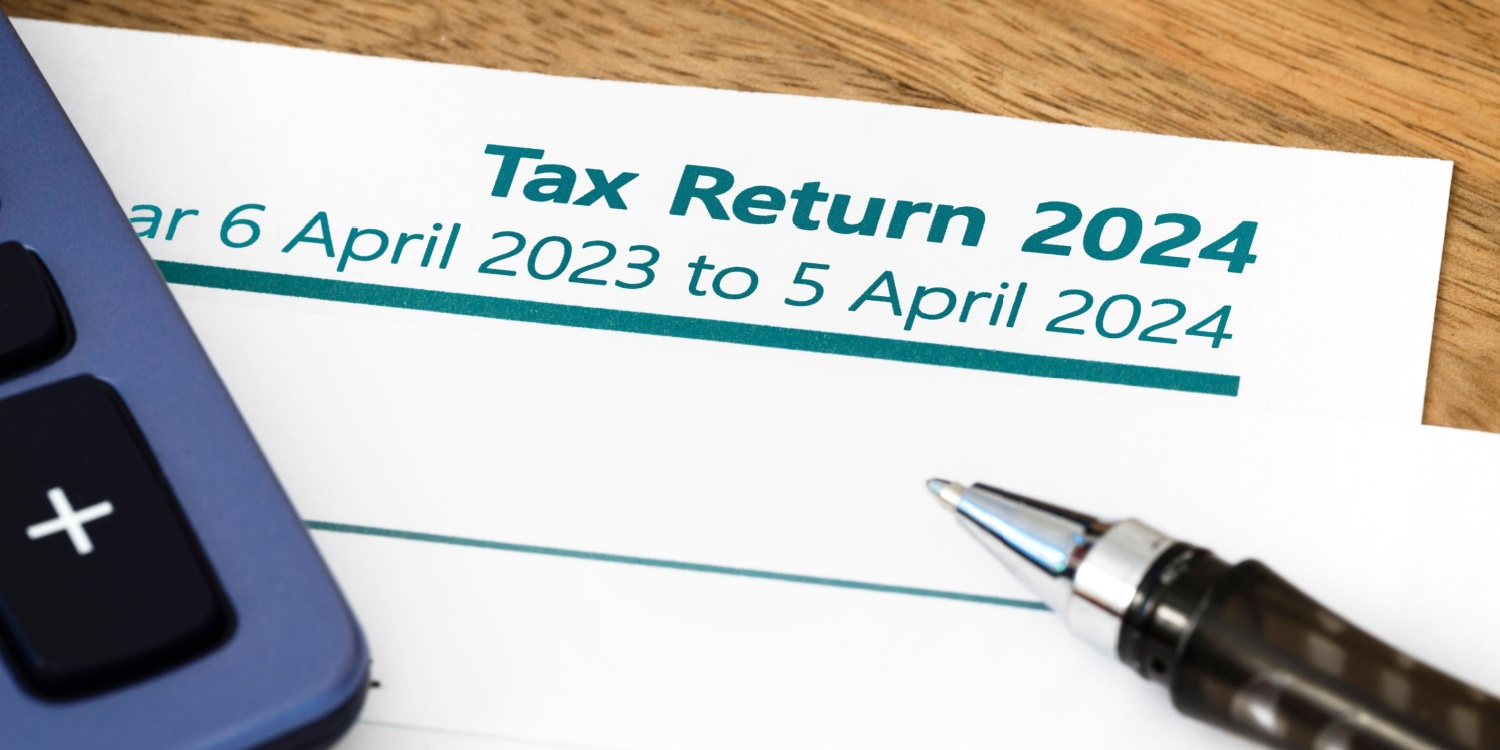







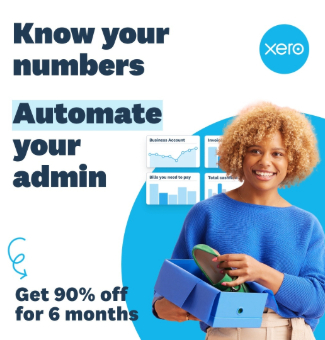



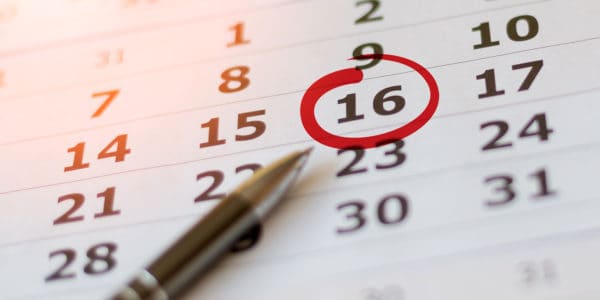
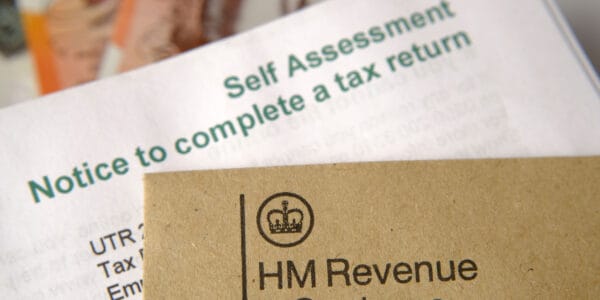
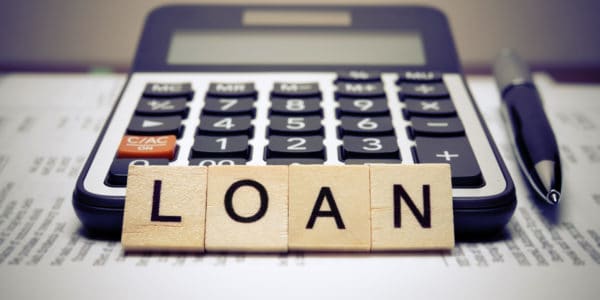
Join The Discussion